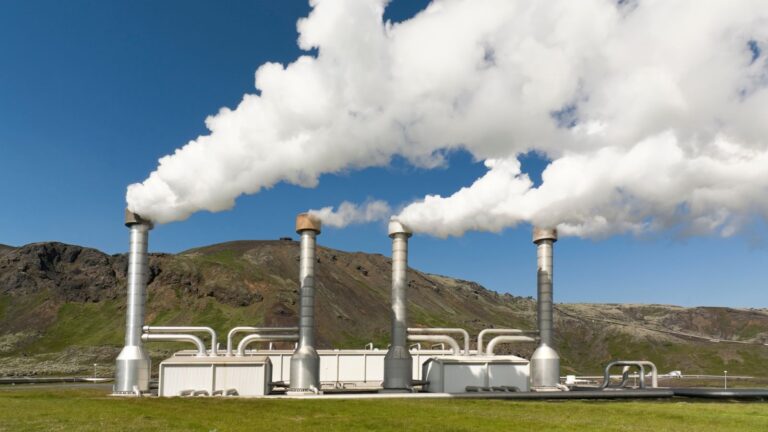Trump delayed a global carbon tax. Now he wants to finish the fight.
American officials are drafting a diplomatic cable that warns dozens of countries against adopting a climate fee on the shipping industry.
Current Access Level “I” – ID Only: CUID holders, alumni, and approved guests only

Marianne Kah is an Adjunct Senior Research Scholar and Advisory Board Member at the Center on Global Energy Policy. She had been the Chief Economist of ConocoPhillips at its Houston headquarters for 25 years where she was responsible for developing the company’s market outlooks for oil and natural gas, and was the company’s expert in scenario planning. She also communicated her views to numerous external stakeholders, including Energy Ministers, legislators, think tanks and governments.
Prior to ConocoPhillips, Ms. Kah was the Manager of Corporate Planning at Cabot Corporation in Boston and a Coordinator of Strategic Planning at Conoco in Houston. Prior to that she was a Policy Analyst at the Energy and Minerals Division of the Government Accountability Office where she led various energy policy studies for the U.S. Senate Energy Committee and House Fossil and Synthetic Fuels Subcommittee.
She has been the President of the U.S. Association for Energy Economics and has been awarded a Senior Fellow award by that organization and an Outstanding Contributions Award from the International Association for Energy Economics. She has also chaired the American Petroleum Institute’s Committee on Economics and Statistics and the Energy Roundtable for the National Association for Business Economics.
She is currently a Director and Audit and Technology Committee member of ATI and was previously a Director and Audit Committee member of PGS. She is also a Director of Houston Grand Opera and chairs their Endowment Board. She is also a Director of Santa Fe Opera and is on their Finance and Governance Committees.
Ms. Kah has a B.S. from Cornell University and Master of Public Administration from the Maxwell School of Citizenship and Public Affairs at Syracuse University.

Former ConocoPhillips economist Marianne Kah on the election: Whether it's Harris or Trump, the outcome likely won't affect oil production.
Exxon and Chevron's recent acquisitions show that despite global decarbonization pushes, the energy transition is likely to be long and slow.
A video claiming that oil is an “unlimited” resource has spread widely among social media users on Instagram and Twitter in recent days.

The Ukraine-generated politicization of oil has driven trade into the shadows and created a host of new challenges for producers.

With EU sanctions on Russian petroleum products exports scheduled to come into effect on February 5, disruption in diesel markets continues to represent an economic risk globally.

The transportation sector is responsible for more than half of global oil demand, with passenger vehicles and trucks making up by far the largest fraction.

A strike by U.S. railroad workers could have dramatic impacts on energy delivery, with industry groups warning of logistical snarls and price increases for consumers. The potential strike — which Congress and President Biden are scrambling to avert — would predominantly affect commodities that can’t be transported by pipelines, such as coal and ethanol. A…